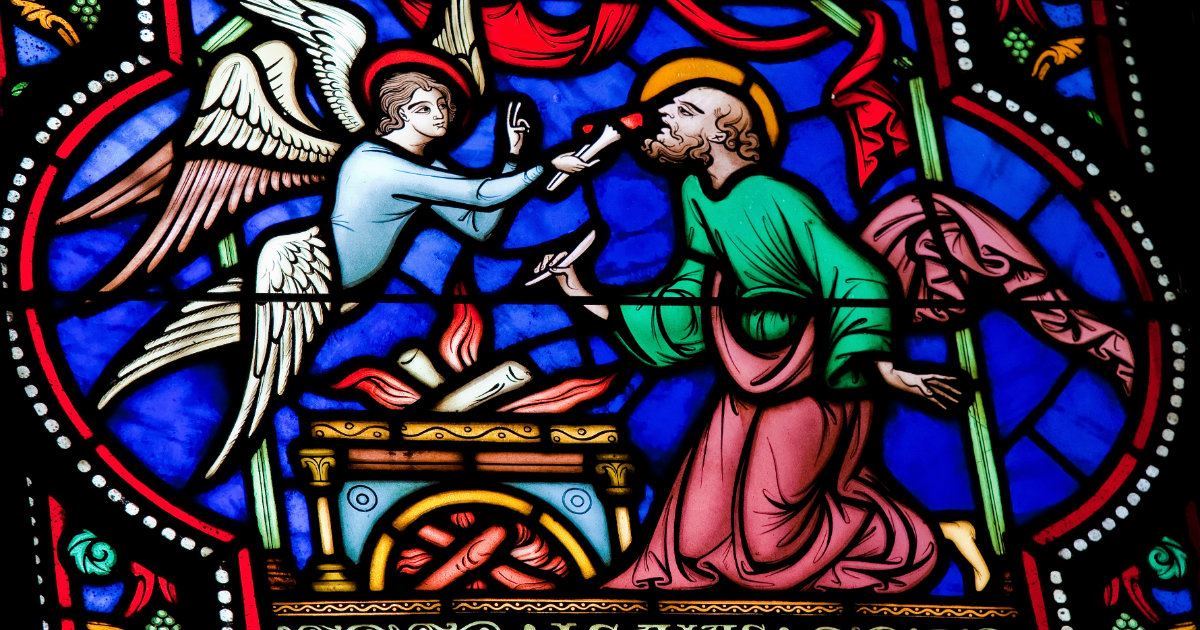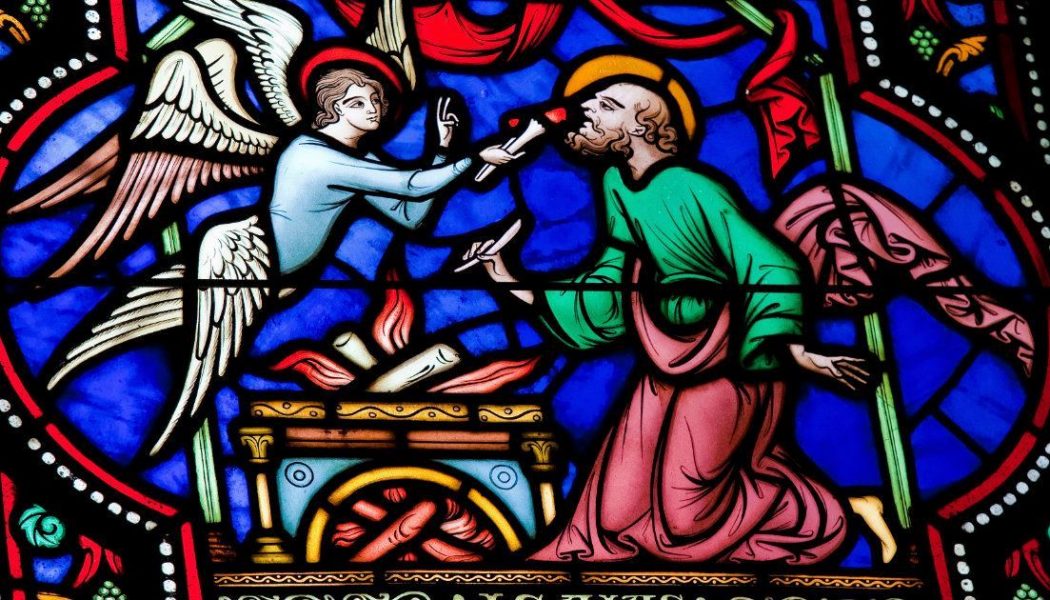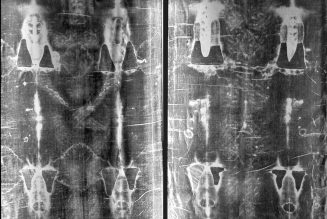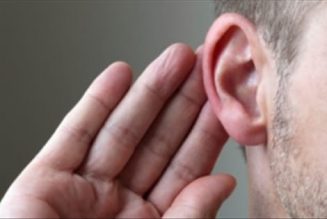
Learning about the major and minor prophets may sound like reference to the major and minor leagues of baseball, but that’s where the similarites end. Who were these biblical prophets? God sent appointed messengers throughout history to warn and guide his people. We discover God’s first mention of a prophet in Deuteronomy 18:18-19. “I will raise up for them a prophet like you from among their fellow Israelites, and I will put my words in his mouth. He will tell them everything I command him. I myself will call to account anyone who does not listen to my words that the prophet speaks in my name.”
List of the Major and Minor Prophets
Before we go more in depth, here is a list of the major and minor prophets mentioned in the Bible:
The Four Major Prophets: Isaiah, Jeremiah, Lamentations, Ezekiel, and Daniel
The Twelve Minor Prophets: Hosea, Joel, Amos, Obadiah, Jonah, Micah, Nahum, Habakkuk, Zephaniah, Haggai, Zechariah, and Malachi
What Does Prophet Mean?
The word prophet defines someone who gives the declarations of God. These men and women did not exist for their own glory but for the glory of God. The Hebrew word for prophet is Nebi, which is derived from the verb action, “to bubble forth” like a fountain. The English word for prophet comes from the Greek word prophetes which means to “speak for another, especially one who speaks for a god.”
The biblical prophets spoke the truth which came from God. Their unique vocation allowed them to authoritatively speak on God’s behalf. They never spoke on their own authority nor did they share their own opinions. They only shared their message as God instructed them. Their role was to make God’s will known, as well has his holiness, and to instruct God’s people to reject idolatry and sin.
The divine inspiration and instruction of the Old Testament prophets are affirmed in the New Testament, 2 Peter 1:20-21: “No prophecy of Scripture came about by the prophet’s own interpretation of things. For prophecy never had its origin in the human will, but prophets, though human, spoke from God as they were carried along by the Holy Spirit.”
Interestingly enough, women were also prophets. Moses’s sister Miriam is called a “prophet” (Exod. 15:20), as are Deborah (Judg. 4:4) and Huldah (2 Kings 22:14–20).
How Did These Men and Women Become Prophets?
The Bible doesn’t explain how the word of the Lord came to a prophet, however there are a number of examples where the Lord revealed his will through visions aside from an audible or internal voice (1 Sam. 3:1,15; 2 Sam. 7:17; Isa. 1:1; Ezek. 11:24) or dreams (Num. 12:6). Jesus also fulfilled this advocacy of his father as a priest, prophet, and king.
The Bible uses the termsmajor and minor simply as a way to divide the prophetic books of the Old Testament. The Major Prophets are described as “major” because of the longer lengths of their books, not their significance. In order of occurrence, the Major Prophets are Isaiah, Jeremiah, Lamentations, Ezekiel, and Daniel.
The Minor Prophets of the Bible are shorter books with more specific content, compared to the broader subjects of the Major Prophets. These men were just as significant as the Major Prophets despite the title of minor. The Minor Prophets are Hosea, Joel, Amos, Obadiah, Jonah, Micah, Nahum, Habakkuk, Zephaniah, Haggai, Zechariah, and Malachi. The Minor Prophets are also sometimes called The Twelve.
What Do the Major and Minor Prophets Have in Common?
The Major and Minor Prophets are typically the least popular for Christians to study or read. This is due to the difficult and unusual prophetic language. There are constant warnings and condemnation of either God’s people going astray or what will happen to those who choose to reject God. However, there is valuable truth be gleaned from each book. For example, we can read of Christ’s birth being foretold in Micah and Isaiah. We can then read how Christ will return in the books of Zachariah, Ezekiel and Daniel.
As with every part of the Bible, the Major and Minor Prophets shouldn’t be skipped over. In fact, these books give us some of the richest glimpses and foreshadowing of Christ that we see in the entire Old Testament. If you’re looking for a better understanding of the Messiah and the events that led to and foretold his coming, the Major and Minor prophets are must-reads.
Heather Riggleman calls Nebraska home (Hey, it’s not for everyone) with her three kids and husband of 20 years. She writes to bring bold truths to marriage, career, mental health, faith, relationships, celebration and heartache. Heather is a former national award-winning journalist and is the author of Mama Needs a Time Out and Let’s Talk About Prayer. Her work has been featured on Proverbs 31 Ministries, MOPS, Today’s Christian Woman and Focus On the Family. You can find her at www.heatherriggleman.com.









